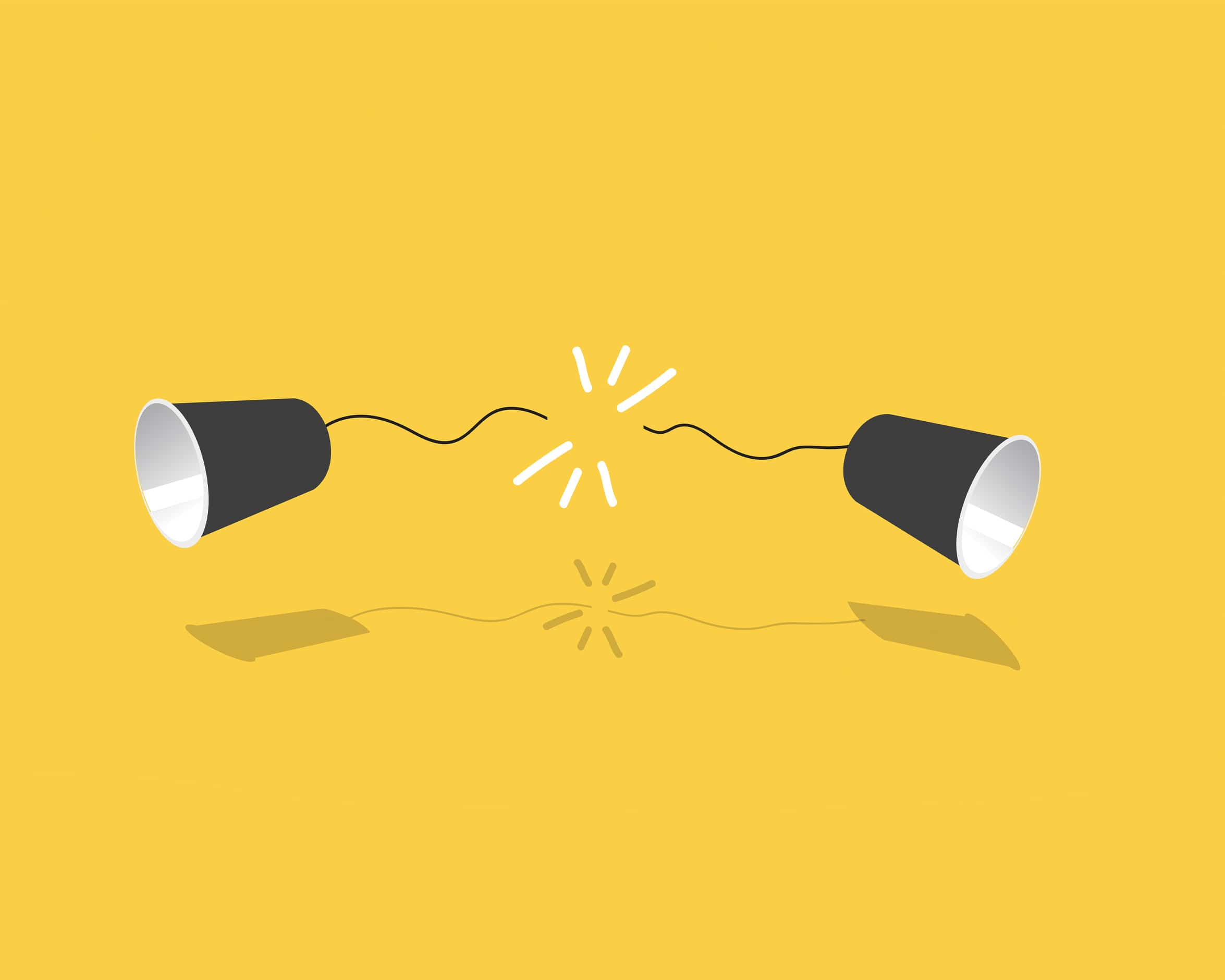Losing touch with friends is natural. It’s reconnecting with them that’s the tricky part. Here are a few tips to make the process easier.
For many of us, rejoining our social circles after the isolation of a harsh lockdown is proving tricky. Ever find yourself wanting to reach out to a friend you’ve lost touch with, not knowing quite how? Robyn MacLarty shares specialist insights to help you make the call.
As many of us are discovering, there isn’t a single sphere of life that hasn’t been permanently altered in some way by the events of the past few years (no prizes for guessing which events I’m referring to). Our health, our finances, the way we work, our relationships with our partners, family and friends, have all been affected.
Throughout lockdown and its varying curfews, we all learnt that the calibre of our lives is determined by the quality of the relationships we form. Yet even with this newly heightened awareness, we’ve been slow to recognise the extent of the impact on even our most treasured friendships.
While some welcomed the excuse to stay home and eschew social engagements, others were traumatised by the loss of friendships, which in some instances shifted and even disappeared in the chaos of the years-long pandemic.
‘I used to thrive on interacting with people,’ says Tanya, 32. ‘Post-Covid, I am dismayed to realise that I have become somewhat of a willing recluse, frequently finding an excuse to avoid social events. While I am thankfully still close to my two besties, I’ve lost touch with many of my ‘old’ friends and have had a serious falling out with two of them, which was very painful. I felt guilty about not picking up the phone to try and repair the rift. But they haven’t reached out to me, either. So, I wonder: why is it up to me? And then I do nothing.’
Unlike romantic and familial relationships — for which therapy is a widely accepted support — we mostly expect our friendships to function on their own, without professional intervention. But this may be changing. Increasingly, life coaches and psychologists are being consulted to help work out difficulties between friends. In the US and the UK, ‘friendship therapy’ is being added to the services of mental health professionals.
‘There’s a safety with friends that’s hard to find anywhere else,’ says Leah Sefor, relationship coach and author of ‘That’s Not What I Mean: The Smart, Savvy Guide to Real Communication’.
‘Your friends have often been there long before any romantic partner entered your life. They know the journey that has shaped you. Their support and grounding is often what gives you the confidence to shine in all areas of life.’
It’s important to put any guilt or resentment you may be feeling about neglecting — or being neglected by — particular friends into context, advises Sefor.
‘Trauma, loss and grief has left people depleted. For many, finding the initiative to engage with others and be fully present requires energy they simply don’t have. For over two years we’ve trained ourselves to believe that “home” was safe, and “out there” wasn’t. This has caused our nervous systems to be stuck in a constant state of fight-or-flight, which leaves us feeling exhausted and unable to muster any motivation to get out there and reconnect.’
An important step, says Sefor, is to decide whether you want to repair the friendship or let it go. ‘Understand that you don’t have the same emotional bandwidth you had before the pandemic. Conversations and social interactions need to be shorter so that they feel more manageable. Focus on friends that understand this and respect your emotional and psychological boundaries.’
If you decide that an ebbing friendship is worth reviving, pick up the phone
If you decide that an ebbing friendship is worth reviving, pick up the phone. ‘Stop running through worst-case scenarios in your head. Calling someone or meeting face-to-face after a long silence can feel confrontational; it might be easier to send a text or an email,’ notes Sefor.
Often the friend will be open to connecting again. ‘Talk about why you’re reaching out, own up to anything you may have done to create the rift, and apologise,’ she advises. ‘Explain why their friendship is important to you and suggest meeting up for a coffee or lunch so that you can talk about everything and start afresh.
‘If they’re not willing to see you, give them the space they need until they’re ready to reach out,’ says Sefor. ‘At least you’ll know that you did your part.’
Also read: How To Deal With Friendship Problems
Illustration: Shutterstock







